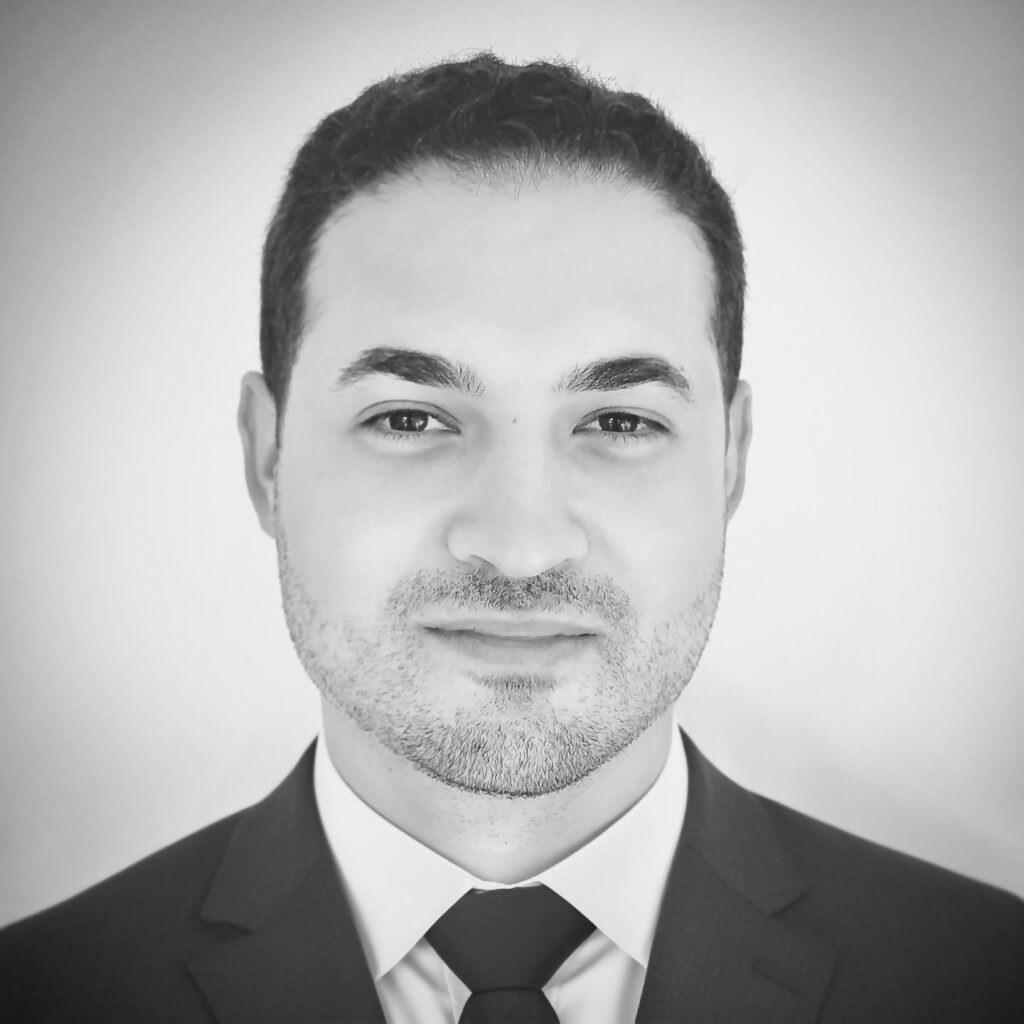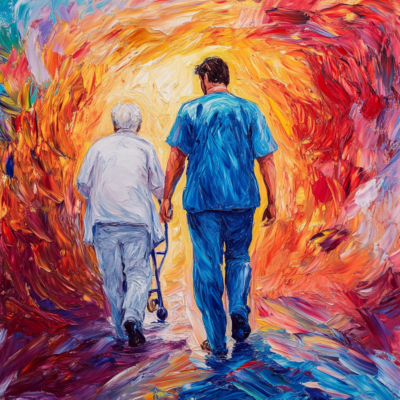Vestibular Rehabilitation is comprised of specific and targeted exercises to help the body and brain improve our balance and help dizzy symptoms.
In truth, if you keep active and keep moving (not just your body but also your head) with normal daily activities, then you will likely largely self-rehabilitate. This is why most people recover quickly after a Labyrinthitis or Vestibular Neuritis.
However, Vestibular Rehabilitation exercises are targeted to kickstart the process and speed up the recovery time.
How does it do this?
Vestibular Rehabilitation can help you by several different mechanisms / principles. Let’s look into them in more detail…
Adaptation
Certain exercises stimulate the vestibular system and can ‘re-adjust’ the very important reflexes controlled by the inner ear. This will help to better stabilize your vision and posture.
Compensation
Other exercises focus on strengthening alternative pathways to compensate for any weaknesses in the vestibular system.
Substitution
These exercises teach you to use other senses, like vision or joint position sense, to improve balance function.
Habituation
These exercises use gradual and graded exposure to movements or environments that provoke dizziness and/or imbalance, to allow you to desensitize and reduce symptom severity over time.
Will Vestibular Rehabilitation make you feel worse?
You will start with relatively easy exercises, and these will be gradually increased to more challenging ones.
You should expect the exercises to initially trigger some mild symptoms, but this is necessary to kickstart the recovery process. If you are feeling very dizzy and nauseous after the exercises, then it is usually best to reduce the frequency, intensity and duration of performing the exercises. You can then slowly increase this back up again as tolerated.
Keep positive and persevere… you should see improvement in your symptoms within the first several weeks, and there should be further improvements over the coming months.
I cannot find a local Vestibular Physiotherapist, what should I do?
Although it is preferable to have an experienced Vestibular Physiotherapist who can create a personalized bespoke rehabilitation programme for you, this is unfortunately often not possible.
There may be a more local Audiologist or Physiotherapist, who has experience in Vestibular Rehabilitation, who may be able to help.
Additionally, there are online Vestibular Rehabilitation Programmes which can be beneficial for some. One such example can be found at https://lifeguidehealth.org/player/play/balance.
Is there anything I should avoid?
Medications for acute dizziness, known as ‘rescue medication’, such as Prochlorperazine, Cinnarizine and Promethazine (which are also available over the counter) should NOT be taken regularly, as these medications usually impair compensation and interfere with Vestibular Rehabilitation, by slowing recovery.
Is there anything else I should be doing to help recovery?
Chronic dizziness and imbalance are often accompanied by anxiety and effects on our psychological and emotional wellbeing. It is very important to try to optimise the management of these areas, to help recovery.
This could be through formal psychotherapies, such as Cognitive Behavioural Therapy (CBT), Mindfulness, etc.
Additionally, Meditation, Breathing & Relaxation Exercises, Yoga, Tai-Chi, a Healthy Diet, good quality Sleep, and even dedicated time for hobbies can be very helpful in aiding recovery.
Racquet sports (e.g. tennis, badminton, table tennis) can be another effective and enjoyable component to rehabilitation. Aside from the cardiovascular benefits, due to the quick turns of the head and body, all whilst looking at the (moving) target, these sports can coordinate visual and vestibular inputs, and encourage Adaptation, Compensation and Substitution, similar to more formal Vestibular Rehabilitation.
Vestibular Rehabilitation is not required for all vestibular conditions. It is best to first have a comprehensive assessment with a Specialist who can accurately diagnose your condition and advise the most appropriate and effective treatment plan. If Vestibular Rehabilitation is required, then a referral to an appropriate Physiotherapist can be arranged.
DISCLAIMER: This blog is meant for medical education purposes ONLY and does not constitute individual clinical advice. ALWAYS seek medical advice from your treating doctor, when managing health conditions. If you would like to arrange for a private medical consultation with Dr Shaw, Consultant Audiovestibular Physician, then information on booking an appointment can be found at TheDizzySpecialist.com/contact. Face to face and virtual consultations available.
Dr Benjamin Shaw | Audiovestibular Consultant Physician | TheDizzySpecialist.com
I am an Audiovestibular Consultant Physician, based in London. I am a highly experienced and specialised Medical Doctor, who accurately diagnoses and effectively manages dizziness, vertigo, balance disorders, hearing loss & tinnitus. I am also a committed advocate for patients with these debilitating symptoms and create healthcare-related educational content, with the aim of empowering patients to better understand and manage their conditions.

